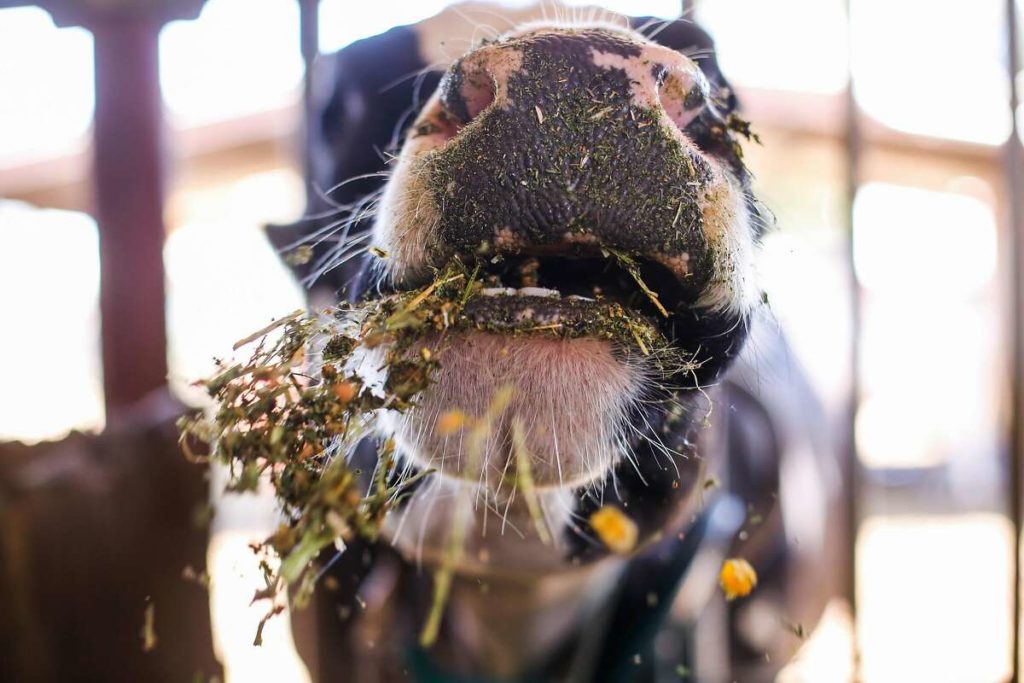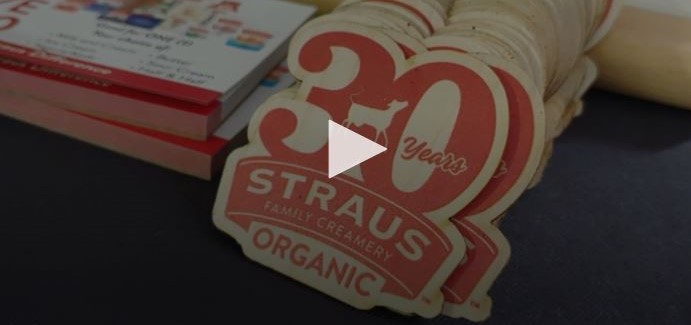Photo Courtesy Gabrielle Lurie / The Chronicle 2018
By Tara Duggan
Beef and dairy production are considered important drivers of climate change, contributing roughly 5% of U.S. greenhouse gas emissions, mostly in the form of methane released by cattle and other ruminant animals. But adding just a small amount of seaweed to cattle feed can reduce the output of methane in their burps by 82%, a UC Davis study published Wednesday concludes.
“We have a billion cattle in the world, and if even a few of them get it, it will make a big difference,” said Ermias Kebreab, co-author of the study and an animal science professor at UC Davis. Kebreab and graduate student Breanna Roque added a dried and powdered seaweed supplement to beef cattle’s feed over five months. The seaweed inhibits an enzyme in the cow’s digestive system that contributes to methane production in the form of burps.



